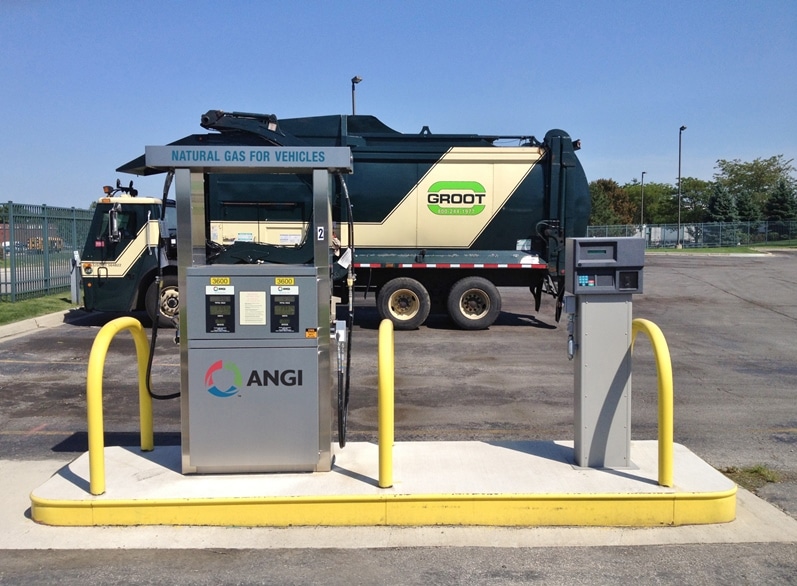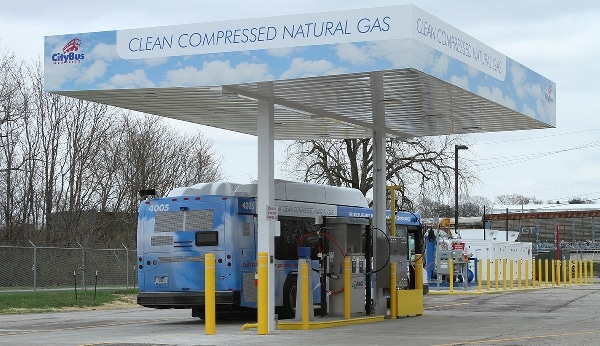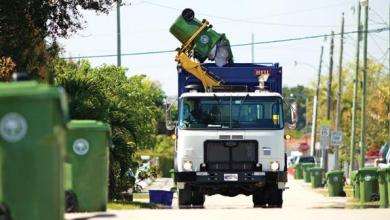Live-Virtual or E-Learning: Which Online CNG Training Is Better?

CNG training is essential to all technicians who work on or near natural gas-powered vehicles. That training may be as fundamental as learning the safety requirements that are unique to natural gas vehicles, or as involved as exploring the complexities and intricacies of heavy-duty CNG fuel systems and engines. Regardless of what level of knowledge […]
NFPA 52 Now Requires Your CNG Station to Have a Maintenance Plan

By Leo Thomason, Executive Director, NGVi Because of the unique physical properties of natural gas, the distinctive design and construction requirements of CNG fueling stations, and unique CNG station components like dryers, compressors, high-pressure storage, control systems and dispensers designed specifically to handle pressurized gas, the operation and maintenance practices for CNG stations are very different from those used […]
Changes to NFPA-52 Affect CNG Station Construction and Maintenance

By Leo Thomason, Executive Director, NGVi Last April, a new version of NFPA-52 was published that affects both new and existing CNG stations. Completely rewritten, the 2016 version differs significantly from 2013 and all prior versions of NFPA-52. While there were organizational changes to NFPA-52, and even a slight renaming of the code, this article […]
CNG Fueling Station Safety Evaluations Are Critical

By Leo Thomason, Executive Director, NGVi CNG fueling stations are carefully engineered and designed to deliver a specific quantity of fuel over a specific time period. They are composed of dryers, compressors, high-pressure tubing, storage systems, dispensers and electronic control systems—all of which must work in conjunction with each other under a variety of sometimes […]
CNG Fueling Station Maintenance: Draining Storage Vessels is Critical Yet Often Overlooked

By Leo Thomason, Executive Director, NGVi Performing routine maintenance on compressed natural gas (CNG) stations is essential, and helps protect the investment in both fueling stations and vehicles. One of the most critical preventative maintenance procedures required at a CNG station is draining the high-pressure storage vessels. In this article we will explore why this procedure […]
Upgrading Refuse Fleets to CNG: Three Considerations Beyond Economics

By Annalloyd Thomason, Vice President/General Manager, NGVi Refuse fleets are one of the fastest growing markets for compressed natural gas (CNG), primarily because of the significant fuel cost savings that can be realized. Recently, NGVi was asked to present at the only CNG session at the Waste Expo conference on the topic of the […]
